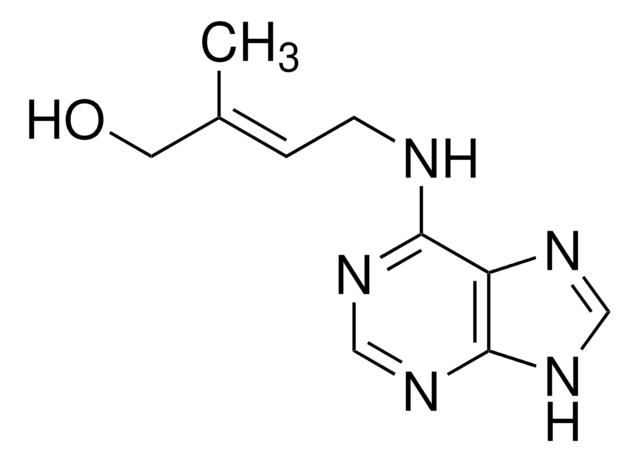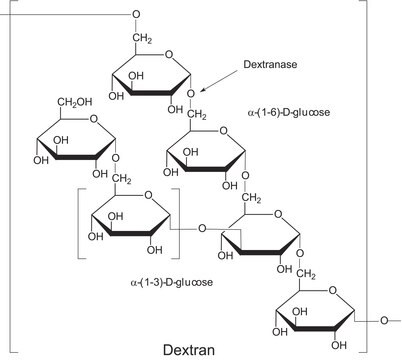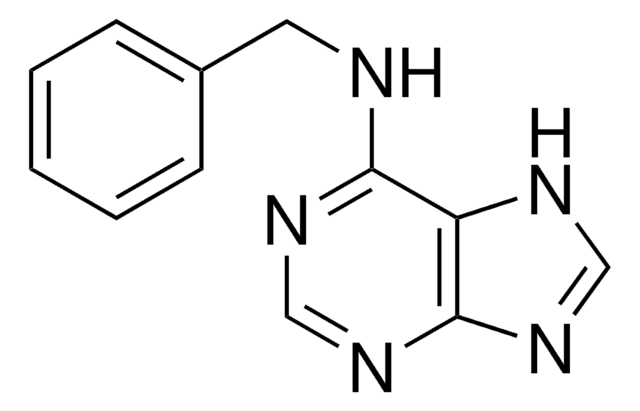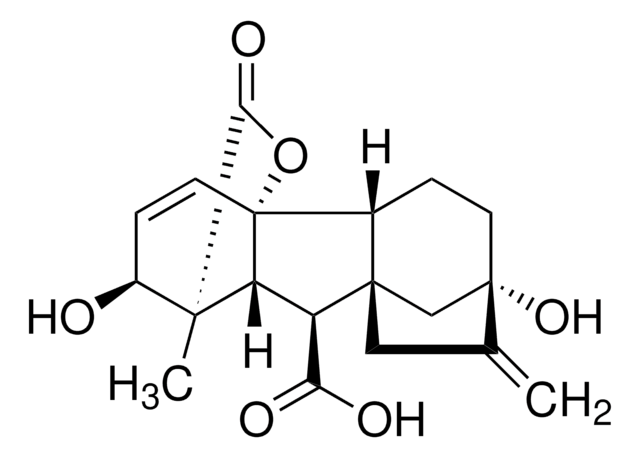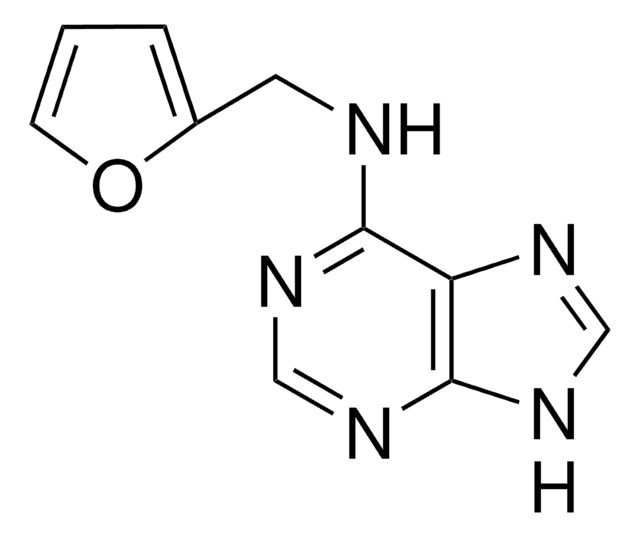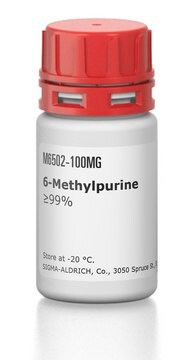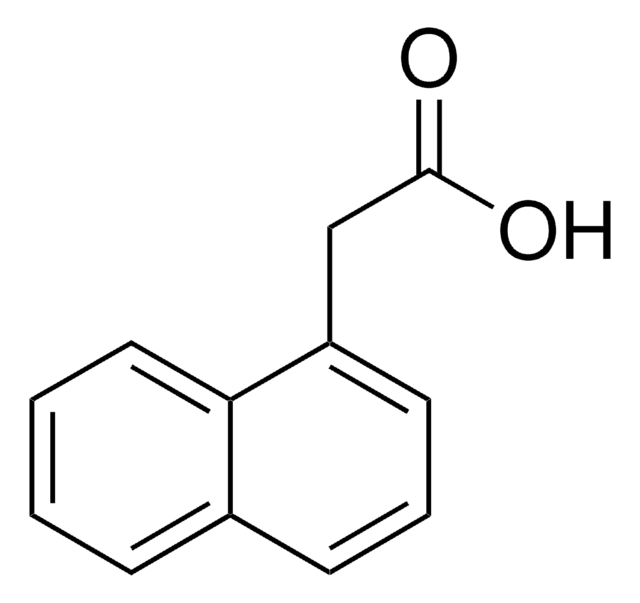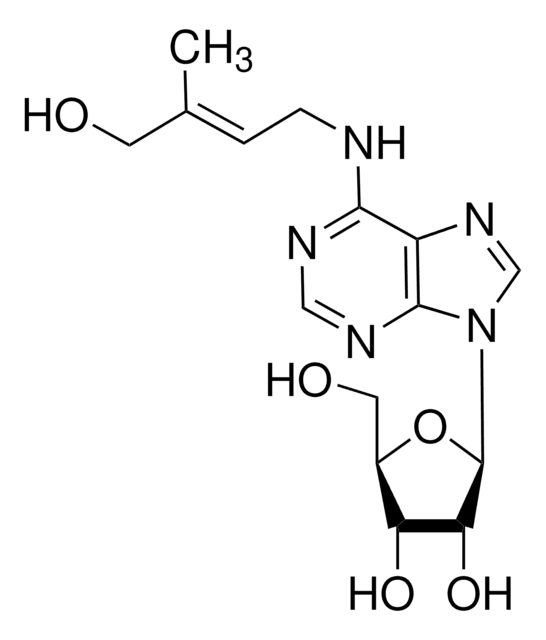D7660
6-(γ,γ-Dimethylallylamino)purine
BioReagent, suitable for plant cell culture, 1 mg/mL
Synonyme(s) :
2iP, N6-(2-Isopentenyl)adenine
About This Item
Produits recommandés
Stérilité
sterile-filtered
Niveau de qualité
Gamme de produits
BioReagent
Forme
solution
Concentration
1 mg/mL
Technique(s)
cell culture | plant: suitable
Application(s)
agriculture
Conditions d'expédition
dry ice
Température de stockage
−20°C
Chaîne SMILES
C\C(C)=C\CNc1ncnc2[nH]cnc12
InChI
1S/C10H13N5/c1-7(2)3-4-11-9-8-10(13-5-12-8)15-6-14-9/h3,5-6H,4H2,1-2H3,(H2,11,12,13,14,15)
Clé InChI
HYVABZIGRDEKCD-UHFFFAOYSA-N
Vous recherchez des produits similaires ? Visite Guide de comparaison des produits
Application
Code de la classe de stockage
10 - Combustible liquids
Classe de danger pour l'eau (WGK)
WGK 3
Point d'éclair (°F)
Not applicable
Point d'éclair (°C)
Not applicable
Équipement de protection individuelle
Eyeshields, Gloves
Faites votre choix parmi les versions les plus récentes :
Déjà en possession de ce produit ?
Retrouvez la documentation relative aux produits que vous avez récemment achetés dans la Bibliothèque de documents.
Les clients ont également consulté
Notre équipe de scientifiques dispose d'une expérience dans tous les secteurs de la recherche, notamment en sciences de la vie, science des matériaux, synthèse chimique, chromatographie, analyse et dans de nombreux autres domaines..
Contacter notre Service technique
